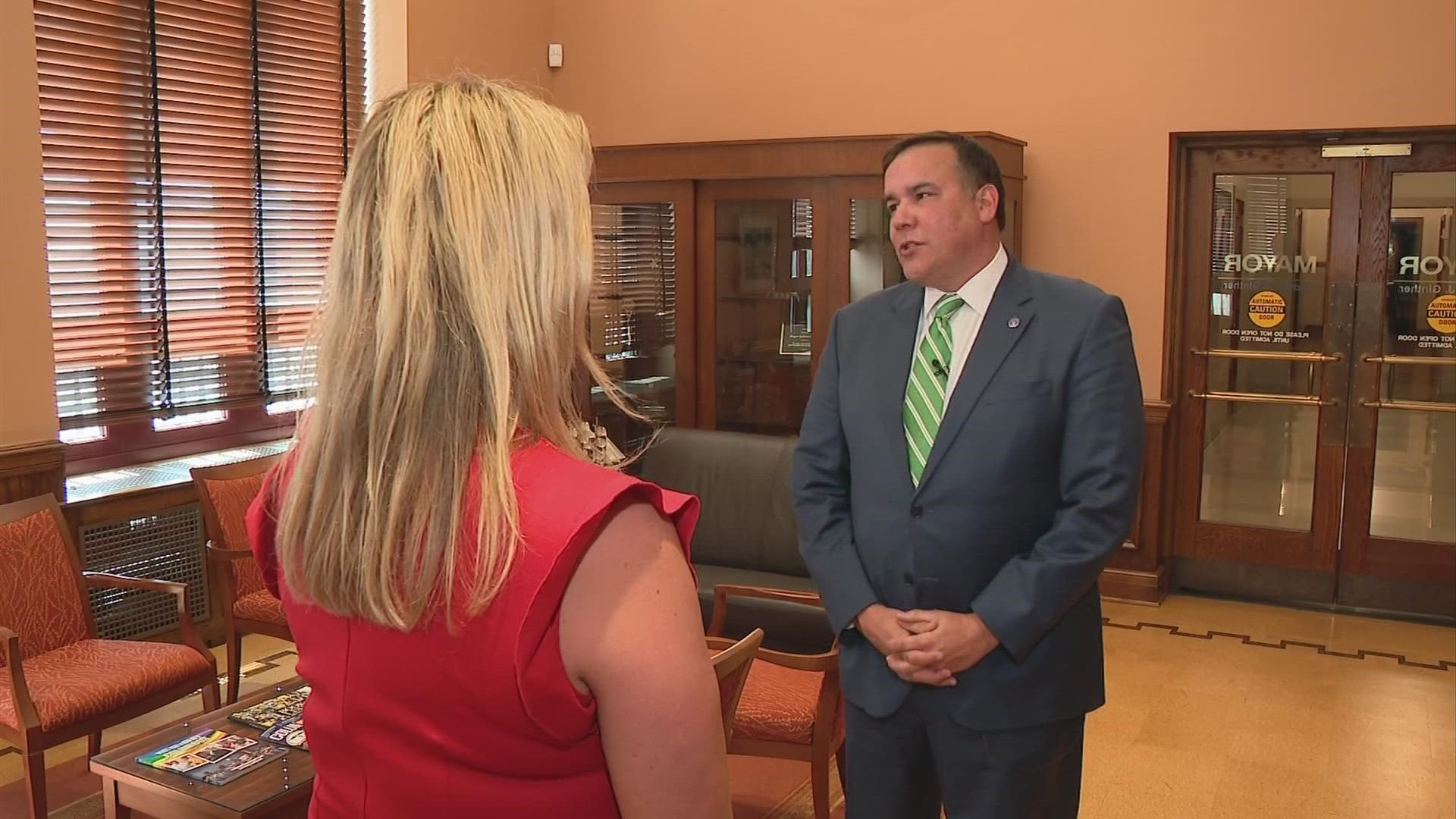COLUMBUS, Ohio — Violence was a major topic during Columbus Mayor Andrew Ginther's State of the City address on Tuesday.
Ginther has touted several initiatives aimed at combating crime, especially crime committed by teens.
In August 2020, Ginther said, “Focusing on these young people that have had multiple violent interactions and committed and committed serious crimes in our community. Those aren't the folks coming to summer camps or those types of things. It takes a different approach."
The mayor and city gave out millions just in the last two years to combat crime. 10TV tracked down the money spent to battle crime in Columbus.
Since August 2020, the city has given out more than $8.7 million dollars from CARES Act money and the American Rescue Plan.
10TV wanted to know how the non-profits were selected, and how they measured success with that money.
“The four trusted community partners that we used served as their fiscal agent. They served as a mentor for those small organizations to help them build capacity,” explained Director of Department of Neighborhoods, Carla Williams-Scott.
Scott oversaw the $1 million in CARES Act grants given out to four non-profits in the summer of 2020.
Those non-profits didn't have to go through an application process. They were groups the city had done work with in the past.
“We looked at, again, to make sure we had one in each side of town. These are organizations that we have worked within the past. We actually reached out to them and asked them if they would be willing to serve as that fiscal agent,” Williams-Scott detailed.
Each of the four non-profits worked with smaller groups to use the money to cut down on crime.
They could use the money as they needed, on stipends for youth doing work, or to pay current employees to work with the kids.
“We did with our four organizations and the smaller groups that received the grants. One of the first things we did as we were going through that process, we had bi-weekly update meetings with them,” Williams-Scott said about how they tracked the money.
Williams-Scott explains the groups met via web-ex or zoom on how the money was being used to prevent violence.
In 2020, there was a record-setting 175 homicides in Columbus. That record was broken again in 2021 with 205 homicides.
“It's one of the tools in the toolkit to reduce violence. Certainly, the programming we are doing, we were doing at that time, wasn't going to reduce violence on its own. What our hope was is that it would keep young people out of wanting to commit a crime because they weren't making any money,” said Williams-Scott.

